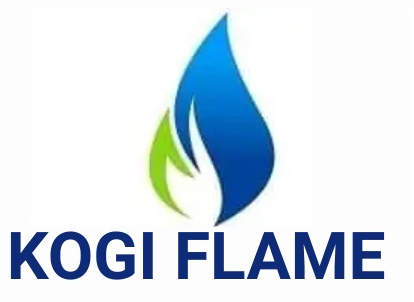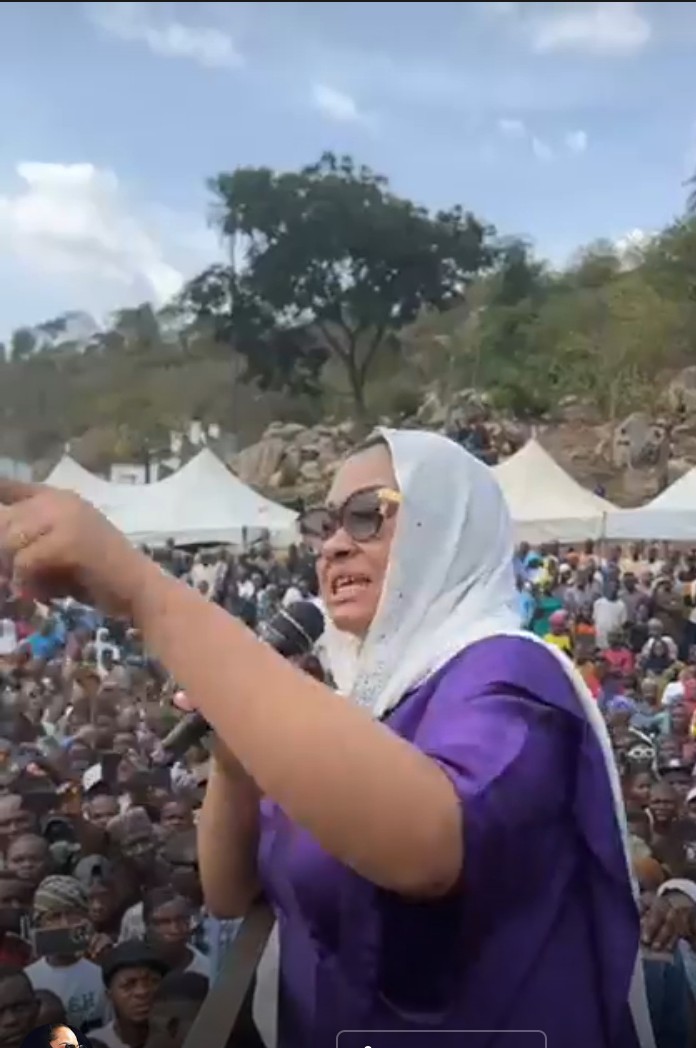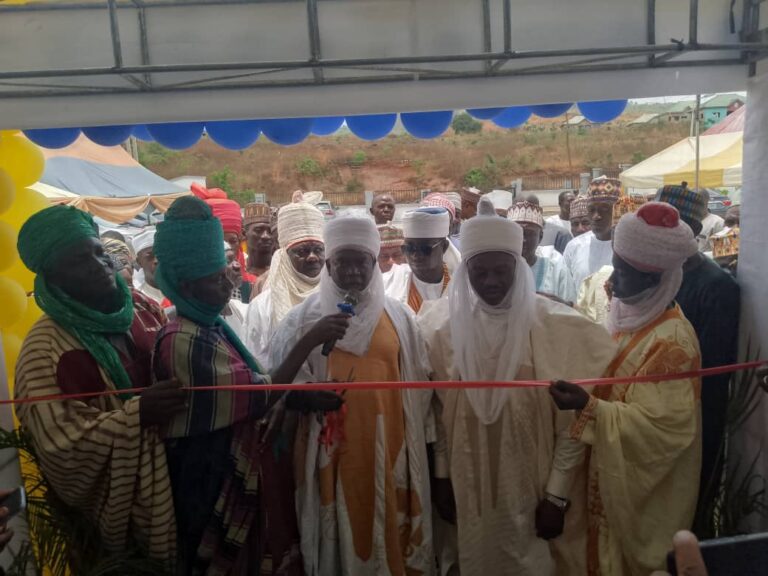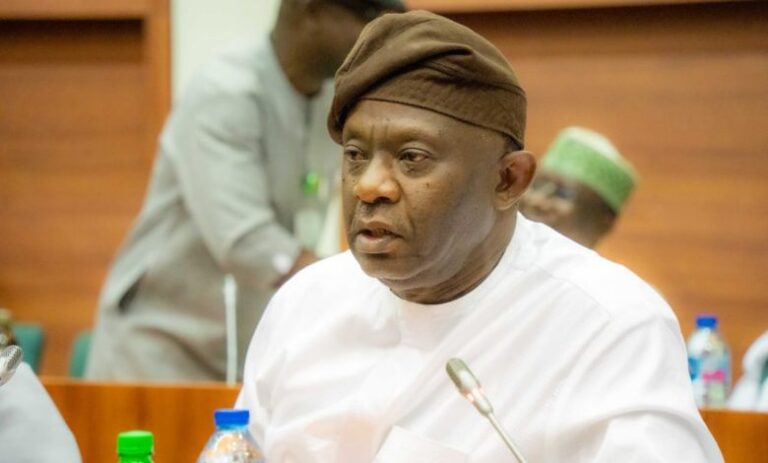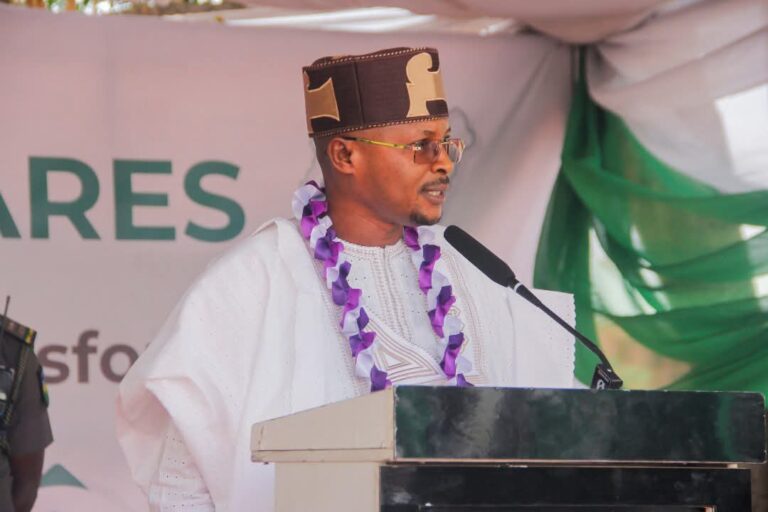Warning: Attempt to read property "post_excerpt" on null in /home/kogiflam/public_html/wp-content/themes/morenews/single.php on line 55

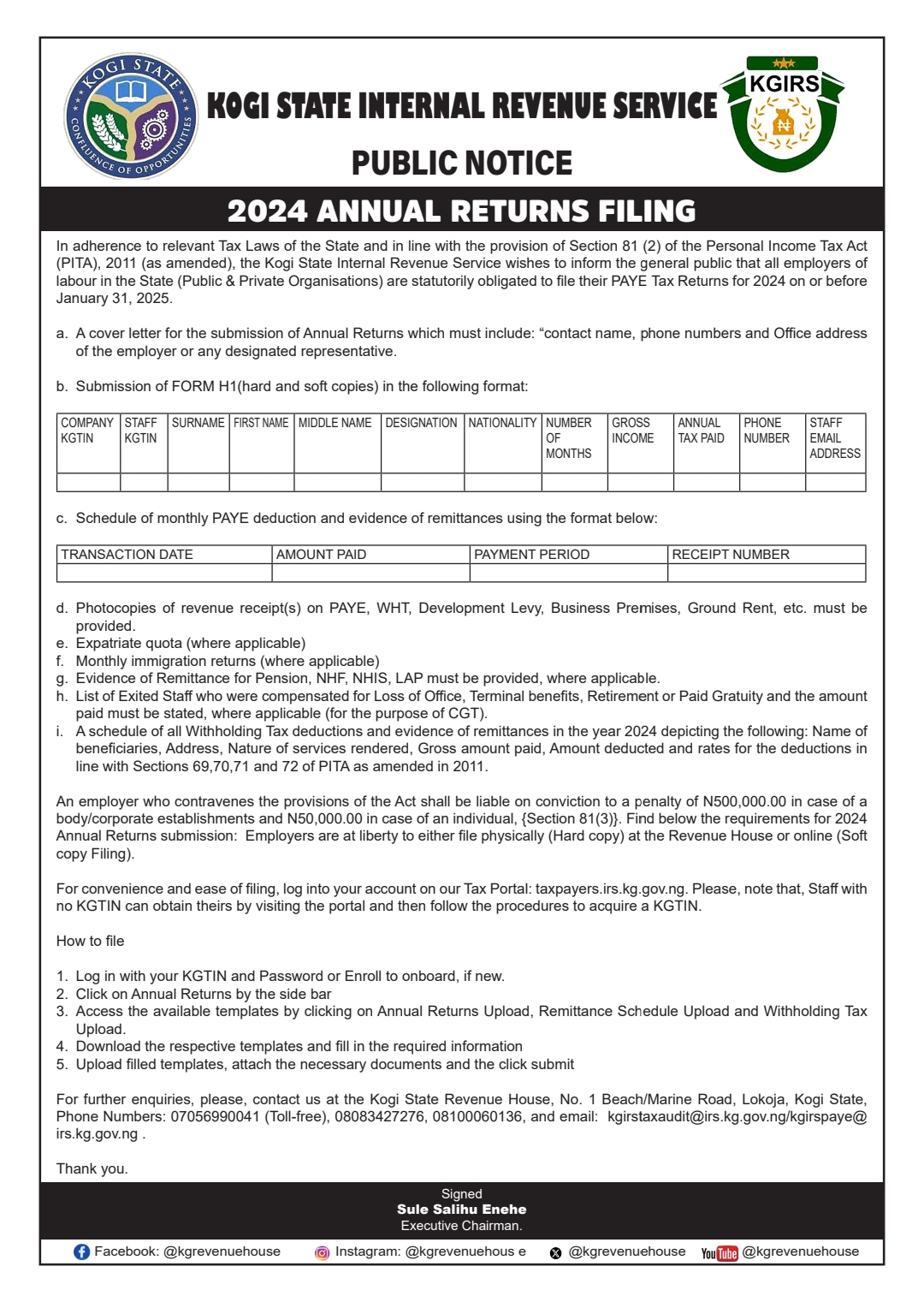
THE leadership of the different professional bodies in health sector in Kogi, have said that their members should not be put at risk saying the state government has not put up adequate measure against any outbreak COVID-19 in the state.
The NMA Chairman of Nigeria Medical Association (NMA), in Kogi, Dr Kabiru Zubair, who led the groups, spoke to journalists after the groups had a brief meeting with the Kogi Commissioner for Health, Dr Saka Audu, on Friday in Lokoja.
According to him, “What has been put in place in KSSH is not enough at the moment because I don’t think there is an organised protocol to appreciately manage any case of COVID-19 in the hospital so that our members will not be put at risk.
“‘I think I can say that FMC Lokoja has 80 per cent level of preparedness while KSSH has 40 per cent.
”So, I want to urge the Government to do more and put all the necessary machinery in place to ensure the safety of our members,” Zubair said.
He said they have jointly taken proactive steps to protect their members and the residents against any outbreak of novel corona virus (COVID-19) in the state.
The professional bodies include: the Nigeria Medical Association (NMA), National Association of Nigeria Nurses and Midwives (NANNM), Medical & Health Workers Union of Nigeria (MHWUN), Pharmaceutical Society of Nigeria (PSN), and Association of Medical Laboratory Scientists of Nigeria (AMLSN).
According to Zubair, the different professional bodies in health sector in Kogi, decided to come together to take proactive steps due to the global pandemic of COVID-19.
He explained that the aim was for the interest of their members as well as the general public, being the front line staff in the management of any case even though no case COVID-19 has been recorded in Kogi.
”We have to prepare as our neighbouring States are already reporting different cases. We are people that makeup the health sector in any state; we must take proactive steps to protect our people.
”We have gone round the different tertiary hospitals in Kogi, such as FMC Lokoja, Kogi Specialist Hospital (KSSH) to speak with their CMDs to know their level of preparedness on COVID-19.
”Today, we are at the ministry of health to see the Commissioner to know what the State Government has put in place to protect the health workers,” Zubair said.
He commended the management of FMC Lokoja for their level of preparedness such as the establishment of isolation tent, training of staff and other measures put in place.
Zubair advised the general public to adhere strictly and obey all the preventive measures by the government because of the fragile nature of the nation’s health sector.
Earlier, in his remarks, the State Commissioner for Health, Dr Saka Audu, said the state within the limited resources, have been able to put some measures in place in case of any outbreak of COVID-19 in Kogi.
Audu noted that the state was making references to Lagos and country like China, in order to learn from their actions and inactions, so as not to make the mistake they made but learn from them.
He stressed that Kogi remained the heart of Nigeria and would soon be locked down, saying when Kogi is locked down Nigeria would be locked down.
According to him, when Kogi is locked down, motorists coming from the North and South will not be able to cross and will have to go back because they will meet physical barrier in Kogi.
He commended the groups for cooperating with the state government, saying, ”we felt that if we walked hard we will be able to contain the outbreak in Kogi”.
”I am very impressed with your support and contributions,” the Commissioner said.
In their separate comments, the Chairmen of the bodies: Mr Idris Abdulmalik of NANNM,; Pharm. Samuel Omale of PSN; Mr John Umochi of MHWUN; and Mr Samuel Obajemu of AMLSN, expressed their members’ preparedness in case of any outbreak of COVID-19 in Kogi.
They, however urged the state and the government to improve on the level of preparedness and ensure that hospitals were well equipped, health sector well funded, and training and retraining of health workers for effective healthcare delivery.
